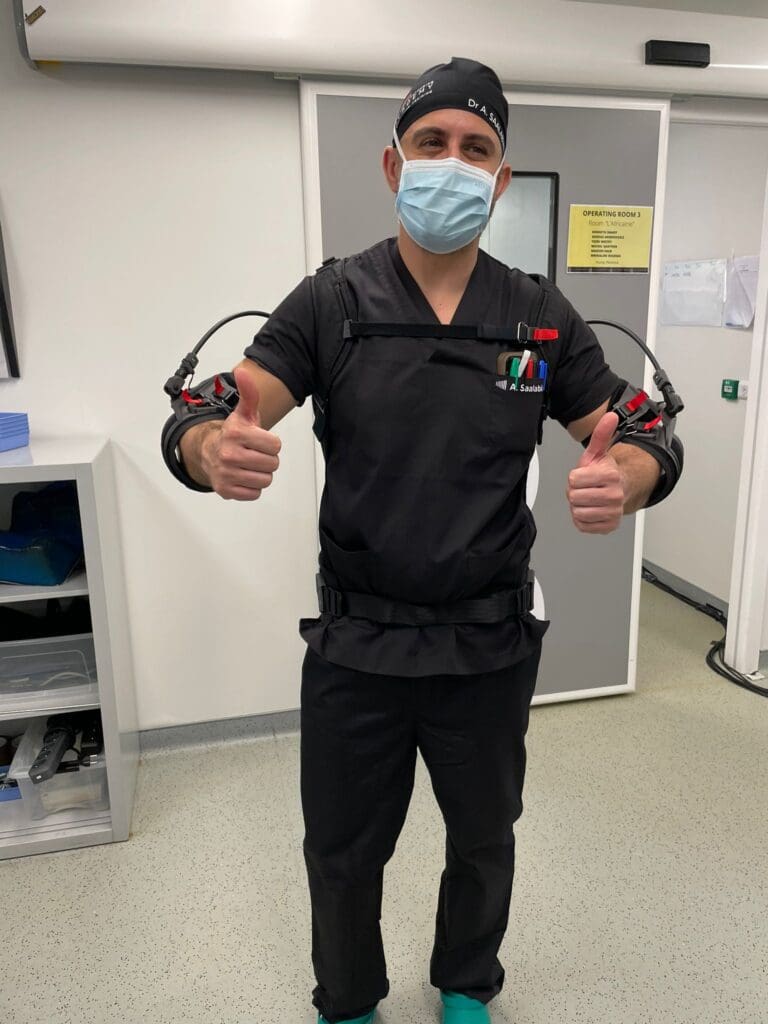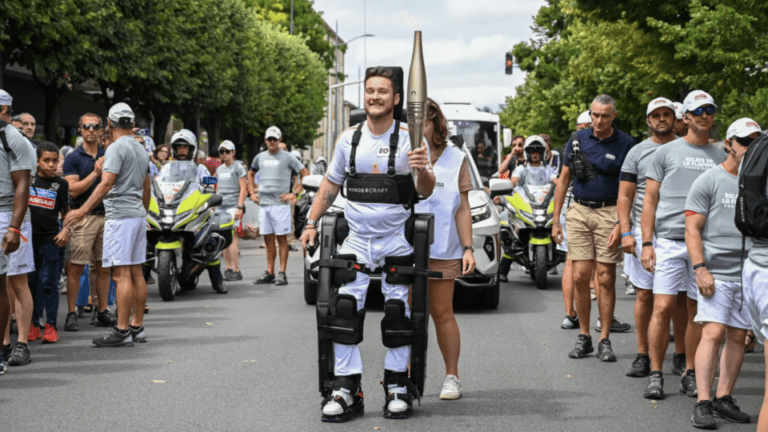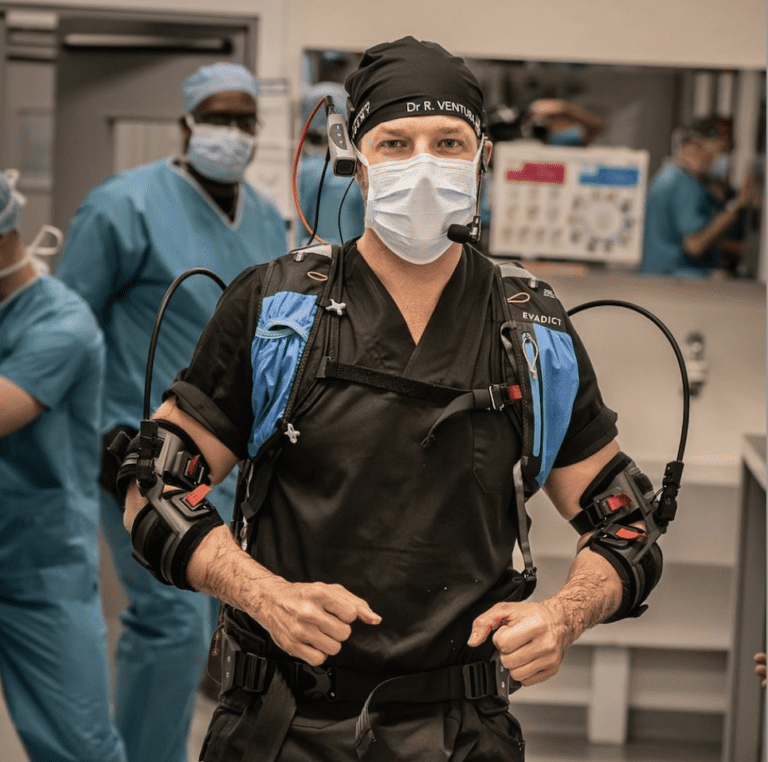
Musculoskeletal disorders (MSDs) are a major public health problem, affecting many professionals, including plastic surgeons. A study from May 2023 conducted by Tobias et al. (2023) explores the prevalence and impact of musculoskeletal symptoms among plastic surgeons and their trainees in Canada. Below I am summarizig for you the results of this survey which highlight the physical challenges these professionals face, as well as the implications for their practice and general well-being.
Study methodology
The survey was conducted among 604 Canadian plastic surgeons, with a response rate of 23%, or 139 participants. Respondents comprised almost equal parts men and women, with a varied age distribution. Approximately 46% of participants had been practicing surgery for more than 10 years, indicating extensive experience within the study group.
72.7% of plastic surgeons reported musculoskeletal symptoms after operating.
Prevalence of Muskuloskeletal Symptoms
The results of the study are alarming: 72.7% of plastic surgeons reported musculoskeletal symptoms after operating. The most frequently affected areas were the neck (76.2%), back (72.2%) and shoulders (48.5%). These figures illustrate the severity of physical health problems encountered by plastic surgeons
Impact on Surgical Performance
Musculoskeletal symptoms are not only a source of discomfort; they also affect job performance. Nearly 18.7% of participants said their symptoms affected their ability to perform surgeries. This poses important questions about the quality of patient care and the potential risks associated with compromised surgical performance.
Chronic pain and absence from work
The study also reveals that 29.7% of respondents developed chronic pain due to their musculoskeletal symptoms. In addition, 13.8% of surgeons had to miss work because of these symptoms. These absences can have a significant impact on the operation of plastic surgery departments, leading to delays and increased workload for colleagues.
Considerations for Early retirement
A concerning aspect of the study is that 16.8% of plastic surgeons considered early retirement due to their musculoskeletal symptoms. This highlights the profound impact these disorders can have on surgeons’ careers and personal lives.
Prevention and management Measures
Faced with these challenges, it is crucial to implement measures to prevent and manage musculoskeletal disorders. Here are some recommended strategies:
- Improved Ergonomics: Adapt equipment and workstations to reduce physical strain (this is where exoskeletons may appear)
- Continuing Education: Offer training programs on safe and effective work techniques (again, training on exoskeletons could be relevant here)
- Promote Physical Health: Encourage regular exercise and breaks to reduce muscle fatigue.
- Organizational Support: Provide resources and support to help surgeons manage their symptoms and prevent progression to chronic conditions. (budgets for exoskeletons for example?)
Faced with these worrying figures, it is not surprising to see more and more plastic surgeons turning to ergonomic solutions such as exoskeletons as we can see below.
In short, we see that doctors like exoskeletons more and more!

Share post





